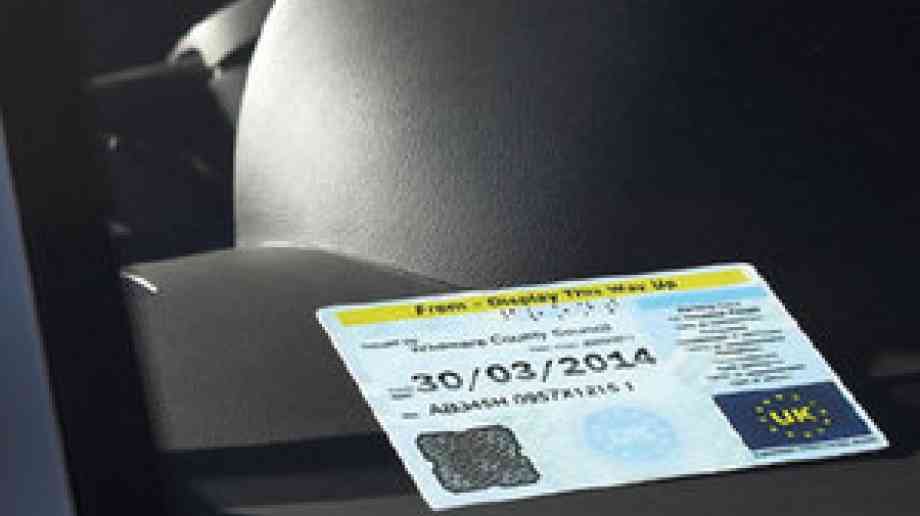Sue Robb of 4Children talks to Julie Laughton and Alison Britton from the Department for Education about the role of childminders in delivering the 30 hours free entitlement.
‘Shocking disparity’ for blue badge parking permit approvals

A BBC investigation has found that scores of councils have lower approval rates for non-visible disabilities applications compared to those for physical impairments.
Non-visible disability applications began in England in August 2019, with applications for people with cognitive impairments having already been considered in Scotland, Wales and Northern Ireland. This means that the scheme was changed to include disabilities such as autism, dementia and anxiety.
The BBC Shared Data Unit obtained Freedom of Information Act responses from the 216 upper-tier councils across the UK. It found that of the 109 councils who gave full responses, eight out of 10 had higher approval rates for people with physical impairments. For ten of those councils, the difference was greater than 50 percentage points.
The National Autistic Society said the results showed how important it was for councils to improve training to ensure staff understood when people should be entitled to a ‘lifeline’ blue badge. Meanwhile disability charity Scope said that the ‘shocking disparity’ between the allocations of blue badges to people with invisible and visible impairments highlights how councils need to understand the ‘devastating impact their negative decision can have’.
Approximately 2.3 million disabled people in England have a blue badge, according to latest data.
Company Focus
Just Lanyards is a subsidiary name of Gifts 2 Impress Limited, who have been trading for over 25 years, we therefore pride ourselves in having endless experience covering all aspects of the promotional merchandise industry.
Event Diary
UKREiiF has quickly become a must-attend in the industry calendar for Government departments and local authorities.
The multi-award-winning UK Construction Week (UKCW), is the UK’s biggest trade event for the built environment that connects the whole supply chain to be the catalyst for growth and positive change in the industry.
Supplier Profiles
Geo Energy
At GeoEnergy Design, we're on a mission to disrupt the traditional way heating and cooling ha
Latest Features
Professor Harith Alani, director of the Knowledge Management Institute at the Open University explains how AI can be used for good and bad.
Alex Lawrence, head of health & social care, techUK sets out techUK’s Five Point Plan for CareTech.

















